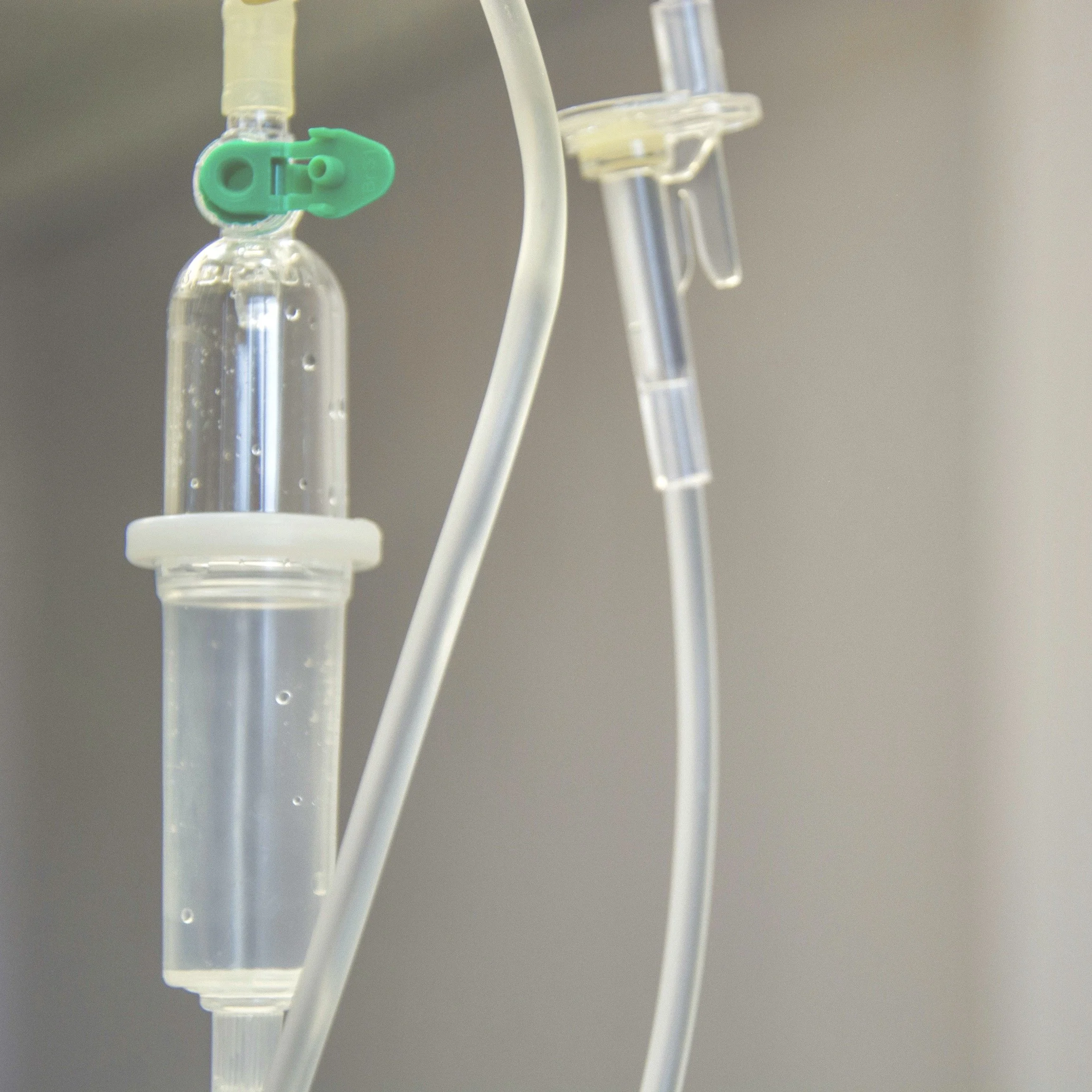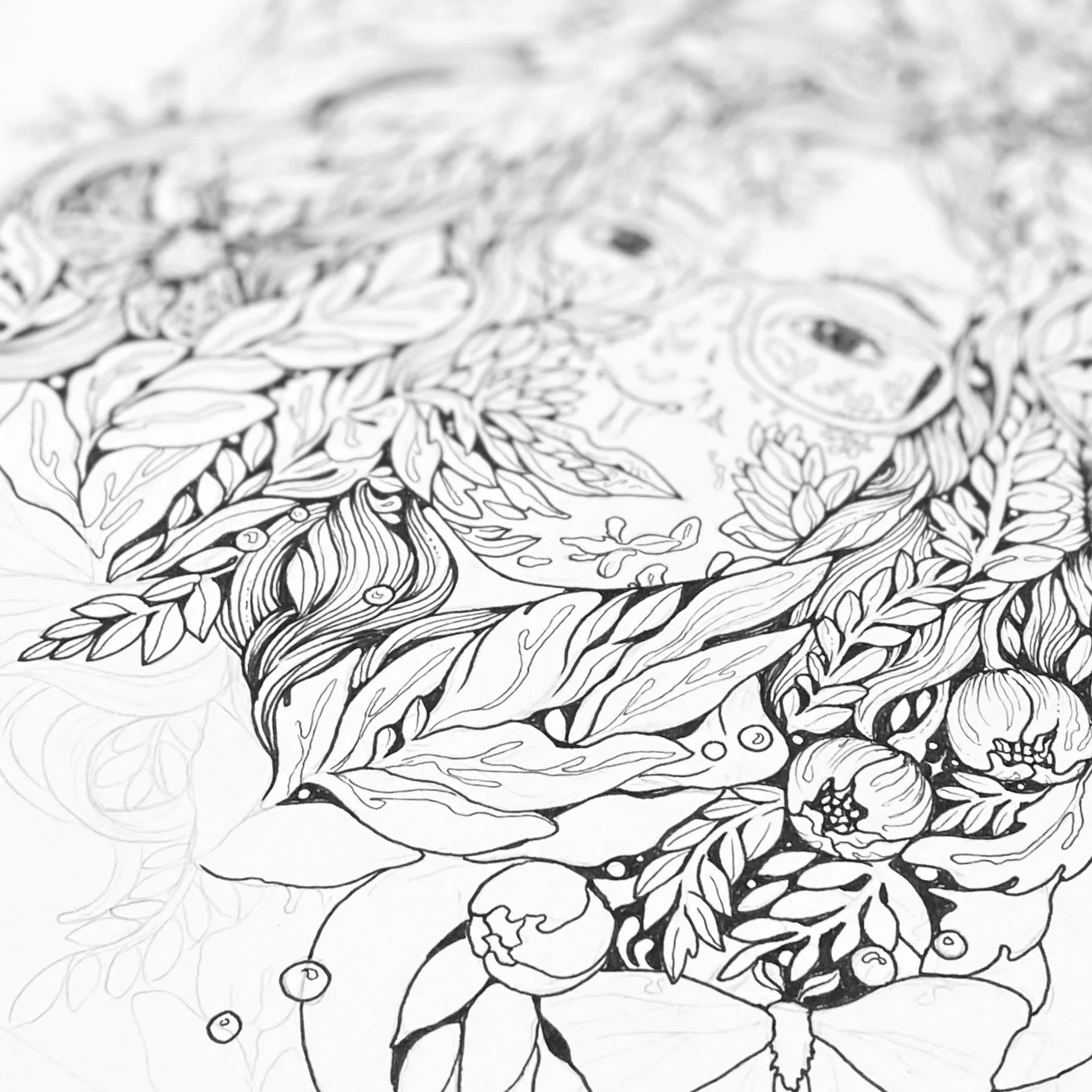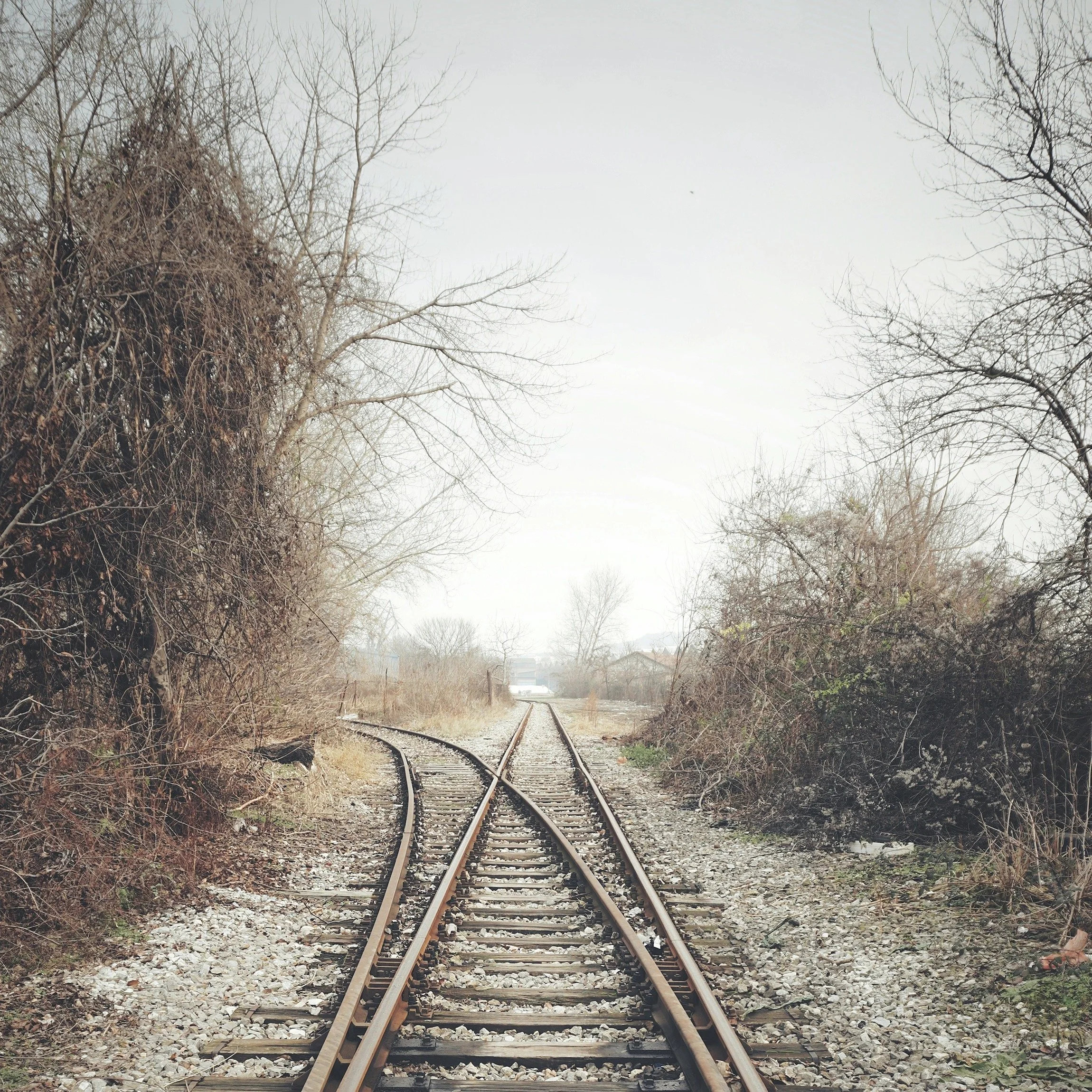Living Into Reality
Then what I am afraid of comes.
I live for a while in its sight.
- Wendell Berry, “I Go Among Trees”
I ought to recognize the cycle by now. There’s that first blush of knowledge, the flurry of articles and statistics and analysis. I’m importing my body into the medical world I know, translating myself into its language, and if that’s a defense mechanism, it’s one I can’t seem to help. And it does help: my medical oncologist ended up giving me a choice between two chemotherapy agents, and thanks to my research, I had an idea of which I preferred.
But then, inevitably, there’s the slow, sure slide into reality, the emotional and psychological backlash that follows after the euphoria of data-gathering passes and the reality of what I have to go through sinks in. I don’t generally feel mad. I just feel numb, and down, and scared, like I’m stuck in a nightmare I can’t wake up from. If the first phase feels like armoring up, this phase feels like being peeled apart. If the first phase objectifies my body, this phase plants me within it helplessly.
I wonder whether this is compounded by the fact that I never felt a symptom or sign of my disease, which was diagnosed in a picture and lives on in imaginary pathology slides and chart notes. Maybe there has to be a moment that jerks me into reality. The first time this happened, a nurse had just left after placing an IV line for a preoperative MRI. It was the first time I had walked into a cancer center since my diagnosis, and something about seeing such a foreign thing taped against such a familiar part of my body, something about feeling it throbbing there as I sat alone and naked under a hospital gown in a sterile bay, surrounded by patients who looked twice my age, drove it all home. This shouldn’t be happening to me. But it really was. And I passed out. My last thought was, okay, vaso-vagal happening, no need to summon a nurse, position body safely, and next thing I knew, I woke up drenched in sweat and tears. If the MRI tech who came to fetch me later thought it strange to see me next to a pile of soaked tissues, he didn’t comment on it.
Subsequent episodes have been less dramatic, but no less inescapable. And I’ve gone through a few by now, throughout the course of two biopsies, two surgeries, and more than one surprising pathology report. But this one has been the worst, the reality that for the next year of my life, I will be tethered to an IV pole once every three weeks, flooding my drug-naive body, which has swallowed nary a pill up till now, with all kinds of chemicals. This time, it was the port order that did it, knowing I’ll have to be sedated again to wake up again with some foreign object under my skin, running like an arrow straight into the great veins of my heart. I know it has to happen; in fact, it will save the veins in my arms, it will be easier than the drain I had after the mastectomy. But it’s possible to not regret the decisions you’ve made, while struggling to live into them.
Isn’t that what life is really about? Struggling to live into the realities we know to be true? There is a kind of mental inoculation that can happen when we know just enough of something to render us immune to its true, undiluted reality. A statistic makes me feel like I’ve got a grip on the future, when in reality no one knows what lies ahead, and stepping forward is more a matter of faith in the face of fear. Platitudes and performative practices can keep us nominally satiated while blinding us to deeper tensions and transformations. Knowledge, when it is merely an intellectual exercise, is no substitute for lived experience. In fact, in many cultures there is no separation between the two. In his book How To Know A Person, David Brooks points out that in the Bible, for example, “knowing” is a “whole-body experience … [it] can involve studying, having sex with, showing concern for, entering into a covenant with, being familiar with, understanding the reputation of. God is described as the perfect knower, the seer of all things, the one who sees not only with the objective eye of a scientist but with the grace-filled eye of perfect love.”
If there is one thing that has taken real courage in this whole affair, it is living with, and living into, what I know. I am reminded of what my friend with leukemia tells me, writing from the hospital where he has lived for the past month as all manner of chemicals drip into his veins: there is only grace for today. God doesn’t give us grace for all our imagined futures (and horrors). Just for today. His mercies are new every morning. He keeps us as we go out and come in. Lamentations and Psalms, that’s what we’ve been holding to, one day and one step at a time.
Three times a day, I stand in front of a wall covered with strips of tape. The top one marks the highest point my unaffected left side can reach; the others mark however high my surgical side is able to reach that day. I used to dread this exercise, dread the tight pain that pinned my feeble right arm down so much lower than the left. It’s normal to feel some tightness or pulling across the side of your chest, the instructions say. It’s normal to hate this, I’d tell myself. Stay at the point of pain and take a deep breath in, deep breath out. And what I found was that one day, I was able to move my right arm more. And then a little more. And then a lot more. The body knows what the mind does not: that the terrors are real, for sure, but that it is possible to live into them, one bit at a time.





